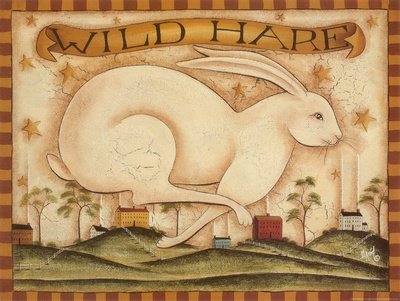In the Old Times, there once lived a boy called Sigo, whose father had died when he was a baby. Sigo was too young to hunt and provide food for the wigwam, so his mother was obliged to take another husband, a jealous spiteful man who soon came to dislike his small stepson, for he thought the mother cared more for the child than for himself. He thought of a plan to be rid of the boy.
Algonquin Legends
The Algonquin legends of New England include the folklore and myths of the Micmac, Passamaquoddy, Wabanaki, and Penobscot tribes, as well as Cree and others.
Characters of the Algonquin legends:
Glooskap (also spelled Nanabosho, Glooskabe, Gluskabe, Wisakedjak, Nanabozho, Wenaboozhoo, Nanabush, Manabush, Gluskabe, Wisaka, and several other ways) – A giant, also known as a transformer, the principal folk hero of Algonquin legends. He is featured in about two thirds of their legends. His name literally means Liar, because it is said that when he left earth he promised to return but has never done so.Manabozho is the hero’s name in the Anishinabe tribes, Glooscap is his name among the Wabanaki tribes, and Wisaka/Wisakejak are his names among the Cree and Central Algonquian tribes.
There are a few cultural differences between the three heroes (for example, Nanabosho is associated with rabbits while the other two are not; Glooscap and Nanabosho were raised by important grandmother figures, while Wisakedjak is usually described as a loner.) However, they are generally very similar figures, and many of the same stories are told in different Algonquian tribes with only the identity of the protagonist differing.
Nanabosho, Glooscap, and Wisakejak all play the role of trickster in some Algonquian stories, but are more important as teachers and benefactors of humans. Even their silliest escapades are seen as teaching the people how to behave. Unlike tricksters in some tribes, Algonquian culture heroes do not model evil or highly socially inappropriate behavior. They are not necessarily taken seriously at all times, but are nonetheless beloved and respected figures. Pronunciations vary widely from tribe to tribe. In Minnesota Ojibwe, Wenaboozhoo is pronounced way-nah-boo-zhoo; in Mi’kmaq, Glooscap is pronounced gloo-scopp, and in Plains Cree, Wisakejak is pronounced wiss-ah-kay-jock. Gitche Manitou – This name and its many linguistic variants mean “Great Spirit,” and is used to refer to the Creator (God) in the Algonquian tribes. Gitche-Manitou is a divine spirit with no human form or attributes (including gender) and is rarely personified in Algonquian folklore. The name is pronounced similar to gih-chee muh-nih-doo in Ojibwe, but varies widely from tribe to tribe. Chipiapoos or Moqwaio: Manabozho’s brother, who was killed by evil water spirits and became the ruler of the land of the dead. He is sometimes associated with wolves. His Potawatomi name is pronounced similar to chee-bee-ah-boose, and his Menominee name is pronounced similar to muh-hwow.
Horned Serpent (Mishiginebig, Kichiginebig, etc): An underwater horned serpent, common to the legends of most Algonquian tribes. Its name literally means Great Serpent, and it is said to lurk in lakes and eat humans.
Nokomis – The wise old grandmother of Nanabosho (and sometimes Glooscap), who raised the hero.
Thunderbird (Animikii, Binesi, and Jigwe): Thunderbird, a giant mythological bird common to the northern and western tribes. Thunder is caused by the beating of their immense wings. Although thunderbirds are very powerful beings, they rarely bother humans, and were treated with reverence by Algonquian people. Water Panther (Mishibizhiw, Nampeshiu) – A powerful mythological creature of Algonquian Indian stories, something like a cross between a cougar and a dragon. It is a dangerous monster who lives in deep water and causes men and women to drown.
Windigo or Chenoo – An evil man-eating spirit. Windigos play the roles of monsters and bogeymen in some legends; in others, Algonquian people who commit sins (especially selfishness, gluttony, or cannibalism) are turned into a Windigo as punishment.Pukwudgies (Bagwajinini): Mythological little people of the forests. Their nature varies considerably in the folklore of different tribes. In Anishinabe folklore, pukwudgies are mischievious but generally good-natured beings. In the Wabanaki tribes, pukwudgies are dangerous and must be treated with caution and respect. In the Wampanoag tribe, pukwudgies are unruly gremlins who can be malicious and deadly. Their name means “wild man” and is pronounced similar to buh-gwuh-jih-nih-nee in Ojibwe. Wintermaker (also known as Biboon): The spirit of the North Wind, who brings winter to the land.
Algonquin Legends:
Ableegumooch, the Lazy Rabbit
22 ViewsIn the Old Time, Ableegumooch the rabbit was the forest guide, and helped wayfarers lost in the woods. However, as time went on, the people and animals learned to find their own way in the forest and didn’t need the rabbit’s services as much.
